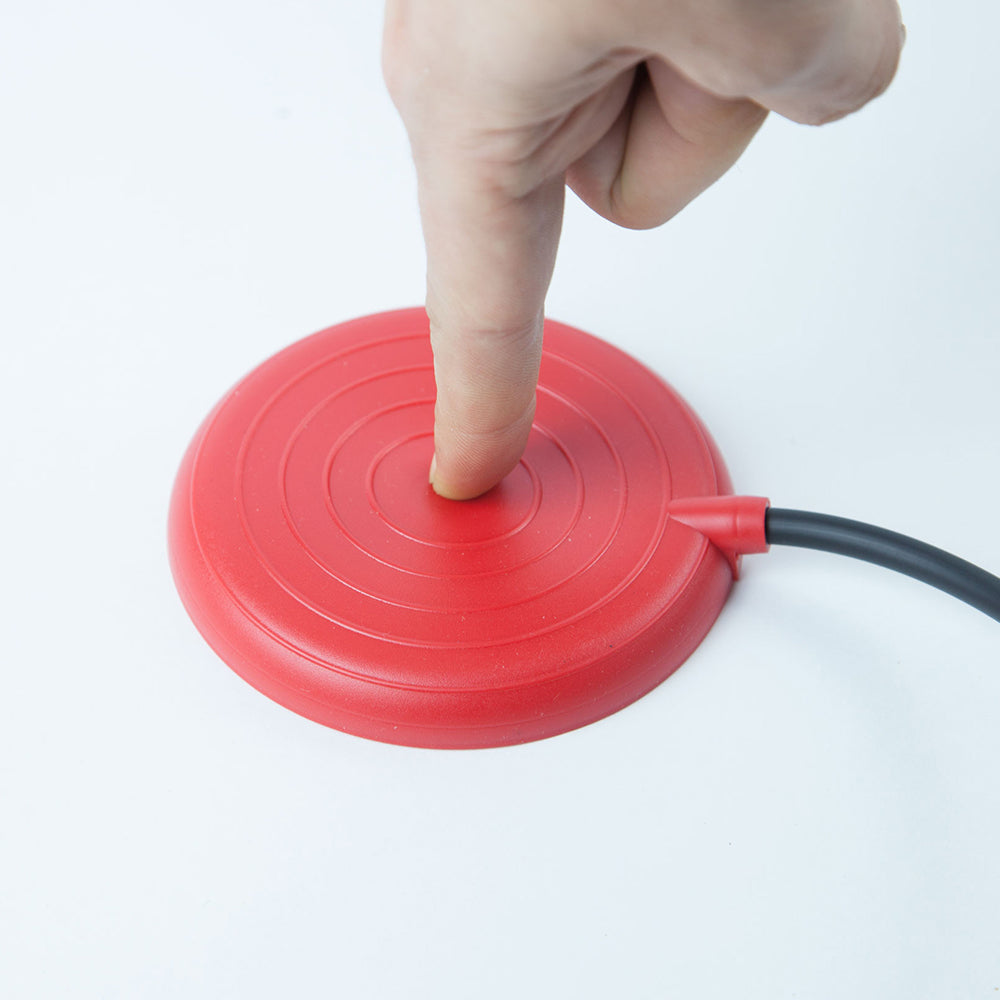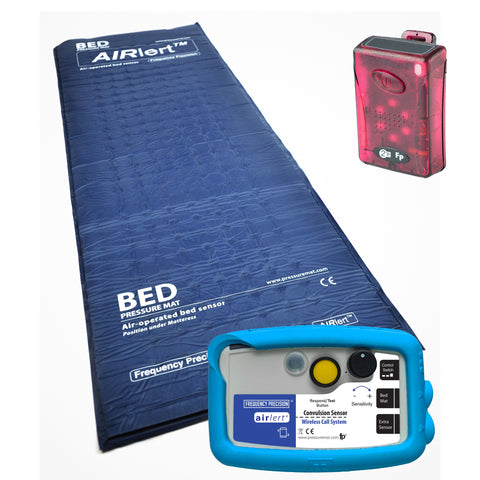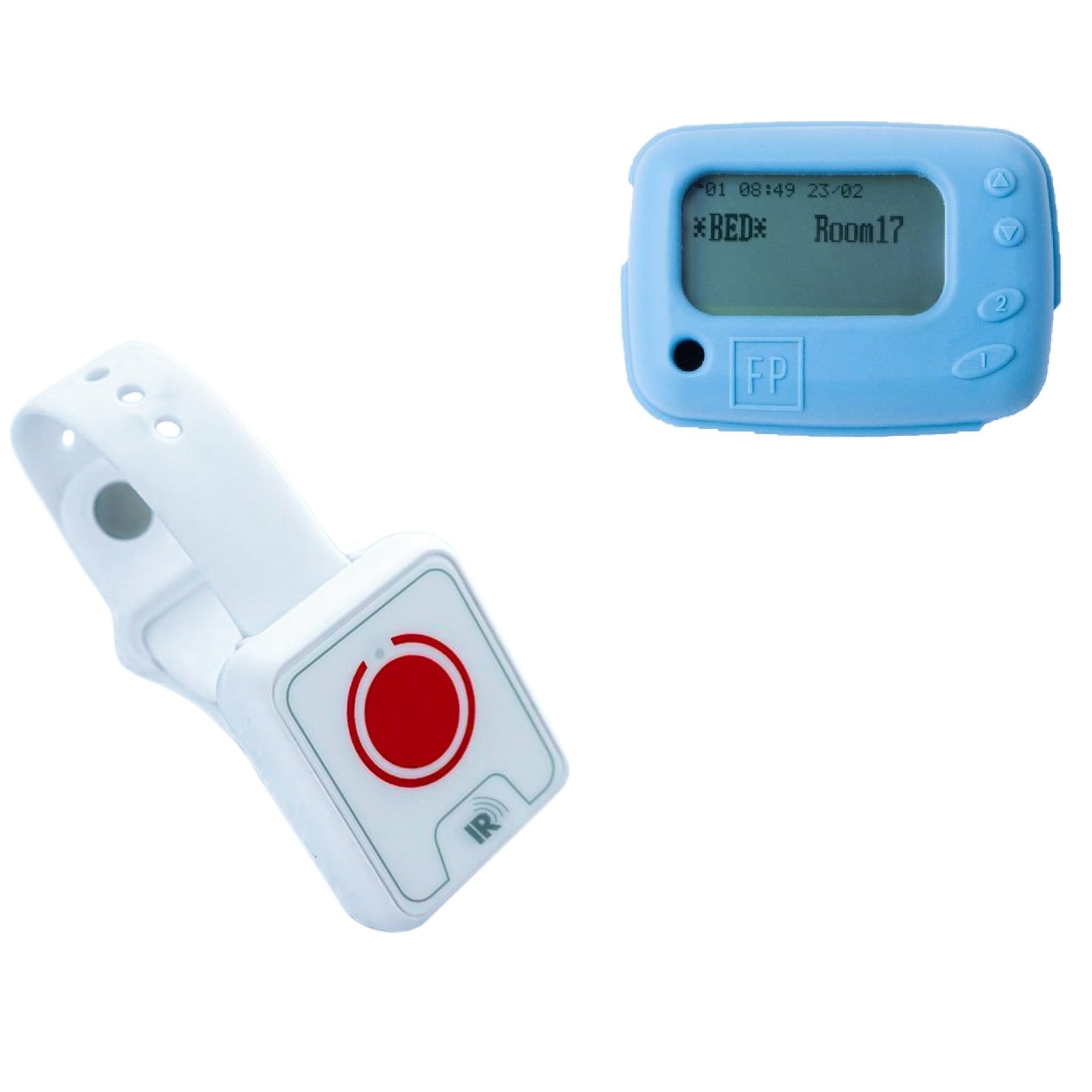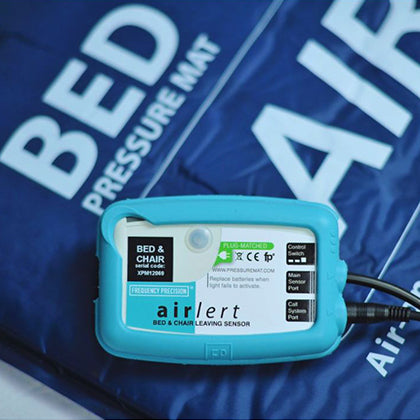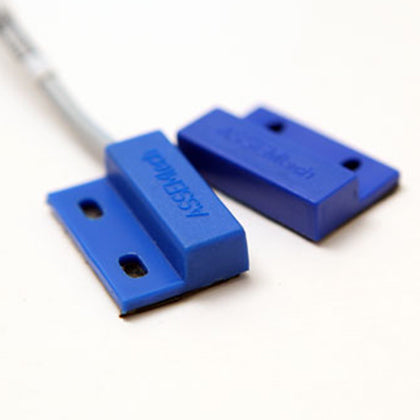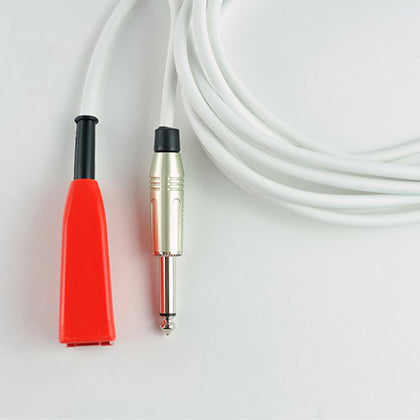Alzheimer’s was named after Dr. Alois Alzheimer. He came upon this condition in 1906 when examining a person's brain’s tissue after she died of a strange mental condition. At the end of her life, she was known to have unpredictable behavioural changes, speaking and thinking problems, and trouble remembering recent events.
After she died, the doctor found abnormal clumps and deposits in various areas of her brain upon further study. These protein deposits are now known as tangles or plaques. These are the primary symptoms of Alzheimer’s that degrade your brain's communication pathways and affects other organs in your body.
Today, we’ll discuss Alzheimer’s, its causes, and how it affects our brain:
Alzheimer’s In The UK
Around 900,000 citizens in the UK currently have dementia and almost 90% of them have Alzheimer’s. And by 2040, it’s estimated that these numbers will increase to 1.6 million.
As mentioned before, the early signs of this condition are memory loss and difficulty performing daily tasks like eating or getting out of bed, etc. Medications can help slow down the effects of this condition and different treatment programs can help your loved ones stay independent for a little longer as this condition progresses.
However, there is no cure for this condition as of now, but doctors and scientists are researching possibilities of a cure. And who knows, we might have one in the far future.

Causes Of Alzheimer’s
Even after studying it for more than a century since its discovery, experts haven’t been able to ascertain the causes of Alzheimer’s. However, at a basic level, doctors have pointed out that brain proteins fail to function normally and disrupt the neural network responsible for running the body's functions. So, these brain proteins are like computer viruses that infect the CPU to the point its performance declines slowly. And then, there comes a point when you can’t even turn it on anymore.
Scientists perceive Alzheimer’s as a manifestation of different genetic and lifestyle factors. And the genetic portion of the people who develop this condition is a small number, so there must be something else that triggers the onslaught in the middle-aged.
The damage begins in the brain's memory region as plaques and tangles of brain protein deposit themselves on brain tissue. This process begins years before you even begin to notice the symptoms. These deposits begin to disrupt neurons and internal communication leading to the death of healthy brain cells and causing the brain to shrink. And by the last stage, the brain shrinks considerably.
Doctors and scientists today are focused on brain proteins and their functions. They want to know why it happens, when, and how it happens. A little detail about these proteins you should know is:
Plaques And Tangles:Plaques have a toxic effect on neurons. This is also known as Beta-amyloid, a larger protein fragment forming large clusters and deposits on brain tissue with cellular debris. This is the reason cellular communication dies out in neurons. Whereas tangles, also known as Tau proteins, usually help neurons by supporting and transporting nutrients but in this condition, they change their shape and structure into neurofibrillary tangles. This disrupts the nutrient transfer system causing brain cells to die out.

Symptoms Of Alzheimer’s
If you begin to notice your loved one forgetting recent events and having trouble remembering recent conversations, it might be time to visit the doctor. Memory loss is one of the earliest signs you can witness with this condition. And as the condition progresses, memory impairment makes other behavioural traits worse.
Memory Impairment
You might have occasional memory lapses, but your loved one with this condition may exude different behaviour with memory lapses like repeating questions and statements over and over again like, “What time is it,” “Did Harry come back yet?” etc. They may also forget conversations, events, and appointments and have no recall of them later. You might also notice them putting their possessions in the most illogical places and often forgetting them.
Also, they may get lost in familiar places, so you’ll have to keep an eye on them. You can use floor pressure alarms for dementia patients to protect them from wandering and going out of the house unescorted.
And as the condition progresses, they may also forget the names of family members, even yours and your relation to them. These can be the hardest things to witness and experience.

Reasoning Capabilities
Your loved one may have difficulty comprehending numbers and such concepts. This can make it difficult for them to balance their finances and manage their day-to-day life. Whether it’s the channels on the TV, the timer on the oven, the clock hands, or the grocery bills, all of it can be confusing and disorienting.
Making Decisions
You might also notice that your loved one may have judgement impairments. They may make an unreasonable or unsound decision based on a situation like wearing warm clothes on a hot day, using a plate for soup instead of a bowl, burning food on the stove, etc. It can be anything, depending on the situation.
Performing Familiar Tasks
Even performing their daily tasks can become difficult as the condition progresses. They may forget to change clothes or fold their clothing. And this doesn’t just entail forgetting to do the laundry but forgetting the process of doing so.

Who Can Develop Alzheimer’s Condition?
The causes of this condition are still unknown, but some risk factors can determine the onset of familiar symptoms for which you should keep up with your loved one’s routine check-ups. So, as your loved one age and begins to show memory impairment, it won’t hurt to get them checked.
Other than age, family genetics also play a huge role. If you have a first-degree relative who developed this condition, your risk and your loved one’s risk of getting this condition become higher, but again, it’s not a given that this will happen. There’s still not enough information to come to a definitive conclusion.
Get One Of The Best Care Assist Devices At Frequency Precision
If you’re looking for quality and affordable care assist devices to manage dementia and Alzheimer’s symptoms and lifestyle, check out our range at Frequency Precision.
We have many care assist devices like chair pressure mats for nurse call systems, wireless window and door alarms, smart cordless bed sensors, etc. Get in touch with us now or visit our website to learn more about our care assist devices and other products.

